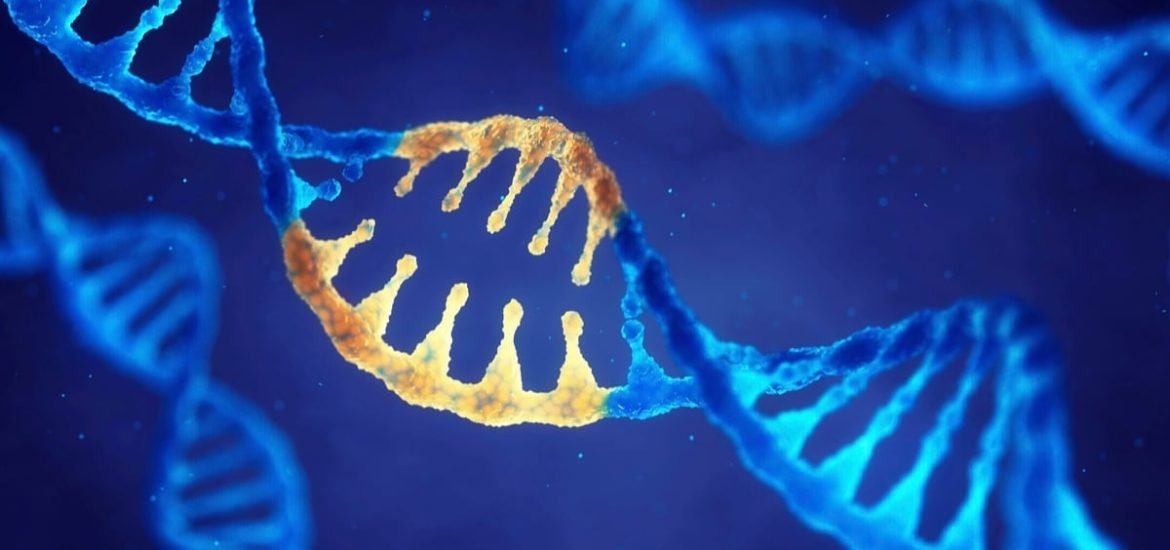
A study published last June in Nature Medicine suggesting that the mutation used to create the world’s first CRISPR babies might shorten their life expectancy has been retracted, reports Nature. The retraction on 8 October comes after a number of leading geneticists were unable to replicate the results.
The original paper suggested that people with two copies of a natural genetic mutation — the 32-DNA letter deletion known as delta-32 — in the CCR5 gene could be at increased risk of dying younger (1). The findings were based on health data on 500,000 British people from the UK Biobank.
The authors reported that people 1 per cent of Biobank participants with two copies of delta-32 were more likely to die by the age of 76 than those with one or no copies. In addition, they argued that since fewer people than evolutionary theory predicts have two copies of the mutation, those people may be dying earlier, on average.
CRISPR babies controversy
Last year’s announcement by Dr He Jiankui, at the time a biophysicist at the Southern University of Science and Technology in Shenzhen, China, that he and his team had edited the genome of two twin babies shocked the scientific community. He’s claims were described as “deeply disturbing” and an “irresponsible” violation of international scientific norms.
Jiankui and his colleagues targeted the CCR5 gene because it encodes for a protein used by HIV to enter cells and the delta-32 is thought to confer resistance to HIV. In the end, neither of the twin girls were found to carry an exact matched the delta-32 variation. Nonetheless, the claims, which were reported at a scientific conference in November last year but have not been published in a scientific journal, immediately raised concerns over the safety of editing genes of human embryos.
And this prompted Dr Xinzhu Wei and Dr Rasmus Nielsen of the University of California, Berkeley to examine the potential effects of the mutation. Their Nature Medicine study published not long afterwards concluded that the mutation might have inadvertently shortened the life expectancy of the babies.
Questions raised
The first to question these findings was Dr Sean Harrison, an epidemiologist at the University of Bristol, UK. Harrison set out to replicate the findings the same night they were published — but could not — and reported his contradictory findings in a series of tweets and later, a blog post.
Then, Prof David Reich, a population geneticist at Harvard Medical School in Boston worked together with Neilson to discover that the original study, in fact, underestimated the number of people with the two copies of the delta-32 mutation, a problem they suggest may be unique to this gene variant (2).
Finally, a third follow-up study published last week of nearly 300,000 people from Iceland and Finland similarly found no evidence that people with two copies of delta-32 die earlier (3).
However, these contradictory findings should not be used as a ‘green light’ to target CCR5 for gene editing, says Nature. The gene may have other valuable functions that have yet to be uncovered. Nor should the results detract from the using resources like the UK Biobank to understand the effects of editing the human germline. Indeed, resources like this can offer interesting insights into the possible effects of gene editing.
(1) Wei, X. & Nielsen, R. CCR5-∆32 is deleterious in the homozygous state in humans. Nature Medicine (2019). DOI: 10.1038/s41591-019-0459-6
https://www.nature.com/articles/s41591-019-0459-6
(2) Maier, R. et al. No statistical evidence for an effect of CCR5-∆32 on lifespan in the UK Biobank cohort. bioRxiv (2019). DOI: 10.1101/787986
https://www.biorxiv.org/content/10.1101/787986v2
(3) Gudbjartsson, D. et al. CCR5-del32 is not deleterious in the homozygous state in humans. BioRxiv (2019). DOI: 10.1101/788117